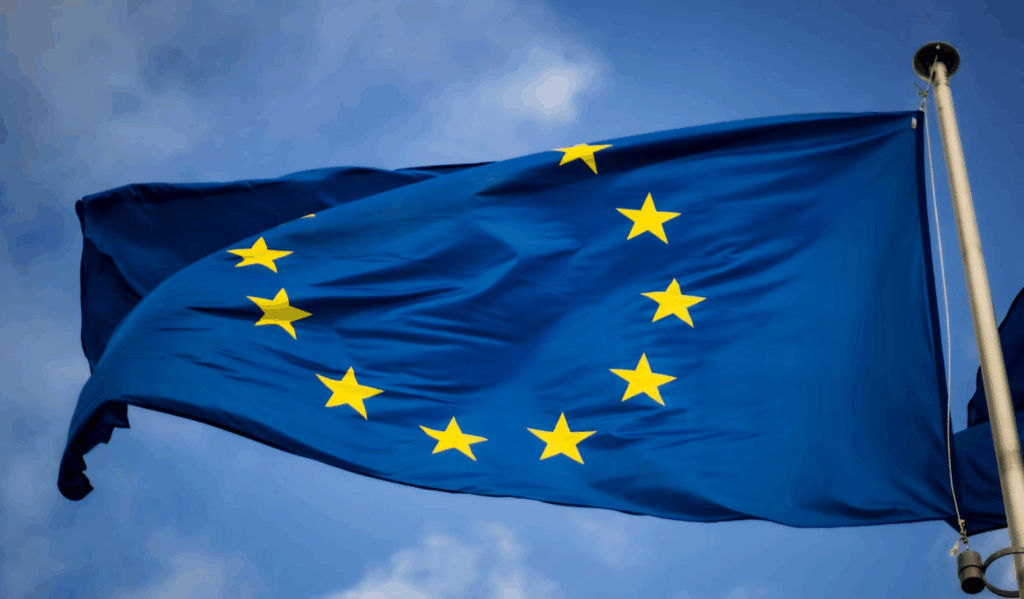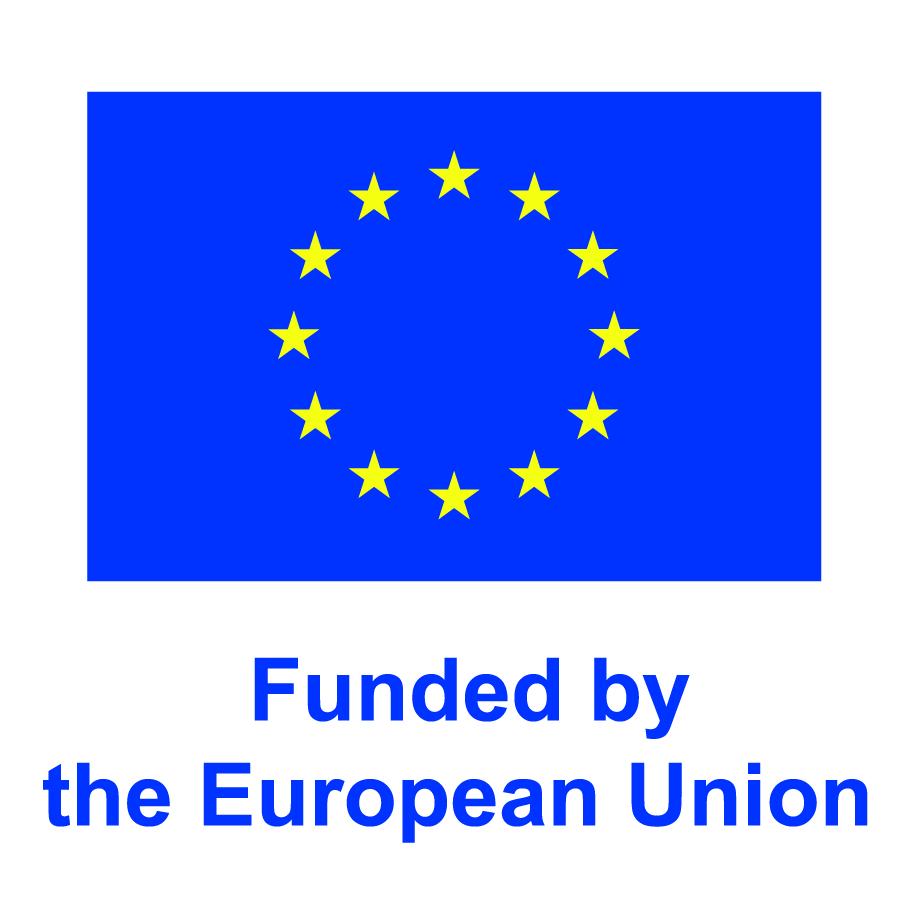Digital wallets aren’t just a tech challenge — they’re also a legal one. Here’s how EU law shapes the future of national digital identity wallets, and why it matters for Aptitude.

A shared European legal foundation
There isn’t a single “European wallet”. Instead, each Member State is developing its own national wallet, like France Identité for France, within a common European legal and technical framework.
This framework is set by eIDAS 2, adopted in 2024, which creates the legal category of the European Digital Identity Wallet. It requires every Member State to offer at least one wallet that complies with shared rules on identification, authentication and security.
Public administrations, regulated private services and the largest online platforms will have to accept these wallets on user request, giving them real legal force across borders.
The DSA and DMA: setting the rules for platforms
Alongside eIDAS 2, two major regulations — the Digital Services Act (DSA) and the Digital Markets Act (DMA) — shape how big platforms interact with wallets.
Very Large Online Platforms (VLOPs) designated under the DSA will need to ensure that users can access their services using secure and privacy-preserving authentication methods, including the European Digital Identity Wallets when available.
The DMA promotes interoperability between digital services and prevents gatekeepers from hindering the use of alternative identity solutions like the EUDI Wallets.
Where Aptitude fits in
The Aptitude consortium is where this legal framework meets real-world implementation. By supporting the development and testing of use cases across Member States, Aptitude helps ensure that national wallets — like France Identité — are interoperable, trusted, and aligned with European law.

